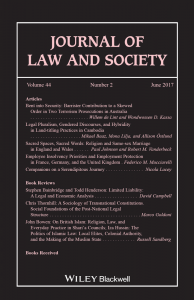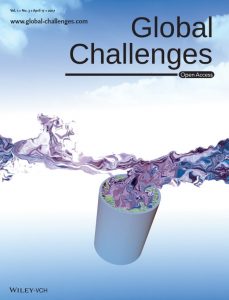Engaging diversities in a changing world: welcome to the new editors of Children & Society
Children & Society welcomes a new dynamic and diverse editorial team in 2021, bringing together international, interdisciplinary and cross‐generational perspectives on children and childhood studies. The team comprises Sarah Crafter and Martin Robb from The Open University, Deevia Bhana from the University of KwaZulu‐Natal, Yuwei Xu from the UCL Institute of Education and Liam Berriman from the University of Sussex. Their interdisciplinary backgrounds cover a range of fields of study, including: cultural studies and digital childhoods (Berriman); gender and sexuality...



















1540-6237/asset/SSSA_Logo-RGB.jpg?v=1&s=c337bd297fd542da89c4e342754f2e91c5d6302e)
1728-4457/asset/PopulationCouncilLogo.jpg?v=1&s=03074651676b98d6b9d0ef1234bd48fe7ff937c3)